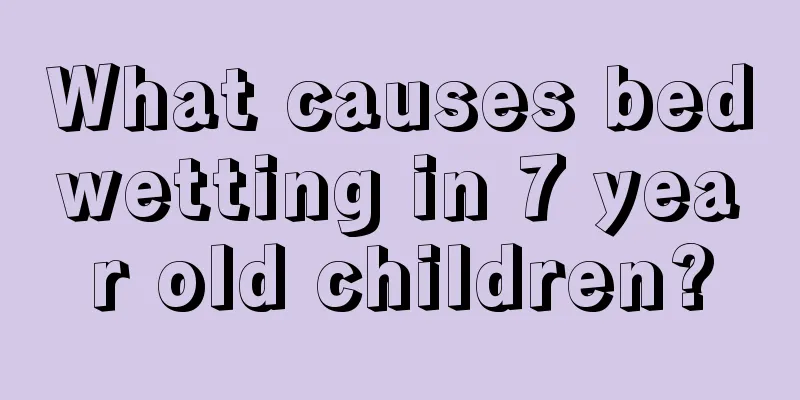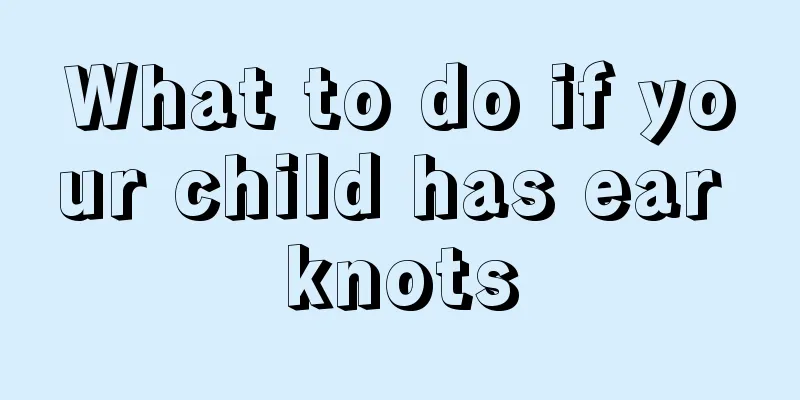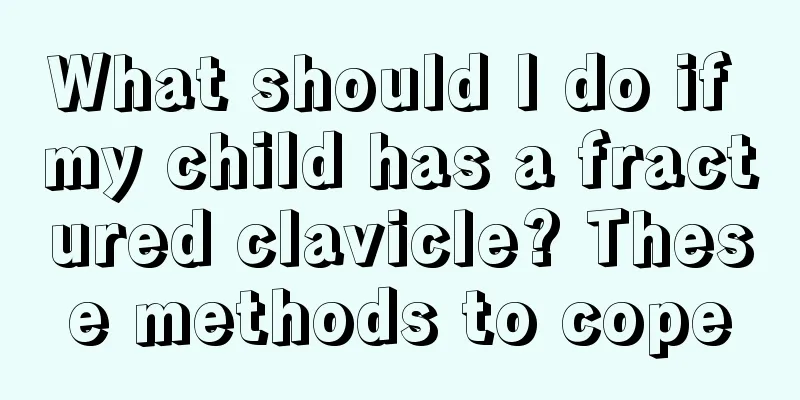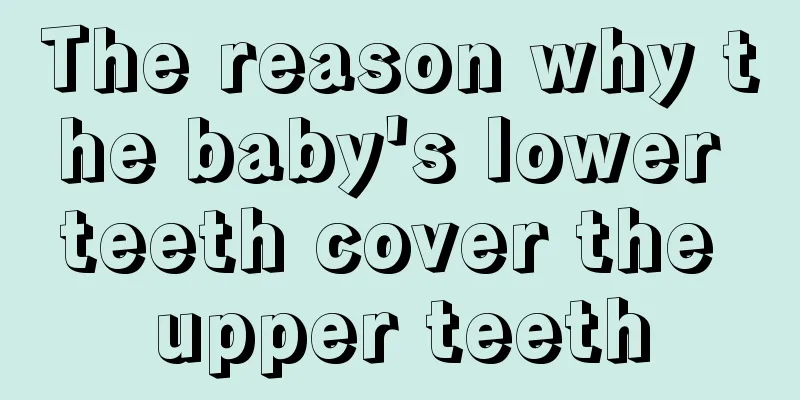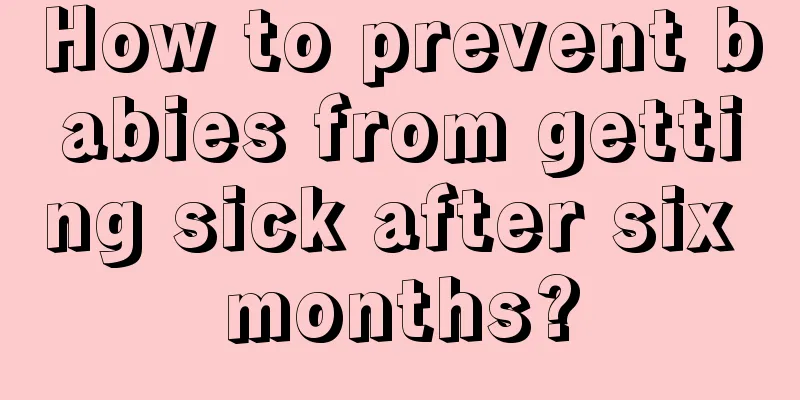What should I do if my child's teeth fall out and don't grow back?
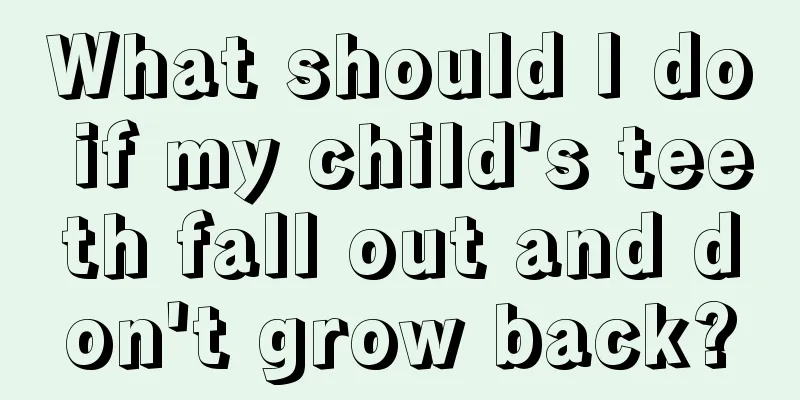
|
It is very common nowadays for children to lose their teeth and not grow them back, and many people still want to know why this happens. Only the patients themselves understand the pain they feel and the many impacts that their children's tooth loss and failure to grow back bring to them. This often causes great trouble to patients. Many people do not fully understand the causes of tooth loss in children, so it is difficult to do a good job of prevention. So, what should we do if children’s teeth fall out and don’t grow back? The sixth-year molars that cannot be ignored It is well known that people have two sets of teeth in their lifetime, and there is a process of alternation between deciduous teeth and permanent teeth. The eruption of each permanent tooth also has a certain time and order, and the same-name teeth on the left and right sides erupt in pairs. Among them, the first permanent molar erupts at around six years old, so it is commonly called the "six-year molar". Permanent teeth are the main chewing organs of the human body throughout life, and the sixth-year molars bear the main chewing function among the chewing organs. They are the midpoint of the force of the chewing muscles such as the masseter muscle, temporalis muscle, medial pterygoid muscle and lateral pterygoid muscle, and can withstand 60-70kg of chewing pressure. The sixth-year molars can also stimulate the development of the chewing muscles and jaws, and are the key teeth to maintain the normal arrangement of permanent teeth. This shows that the sixth-year molars are important for the development of the maxillofacial region and the chewing process. The sixth-year molars are the first permanent teeth to erupt. Their enamel is very thin when they first erupt, their facial pits and fissures are not fully developed, and their calcification is poor. These anatomical and physiological characteristics determine their susceptibility to caries. Generally, caries develops quickly and easily invades the pulp and periapical tissues, causing many carious sixth-year teeth to develop to severe levels in childhood, which brings great difficulties to treatment. Some are almost impossible to retain and must be extracted, resulting in premature loss of sixth-year teeth. The early loss of sixth-year molars not only directly affects the chewing function, but also affects the development of the jaw, causing the dental arch to become smaller, the dentition to be irregular and the tooth position to be abnormal, and in severe cases, lower facial deformities to occur. It can be seen that the health of the sixth-year molars should not be ignored and should be taken seriously by every parent. Since the eruption time of the sixth-anniversary teeth is when children's deciduous teeth and permanent teeth are changing, it is very important to accurately identify whether they are deciduous teeth or permanent teeth, so as to treat the caries of the sixth-anniversary teeth in time and avoid extracting the wrong teeth, which will cause lifelong regrets. The sixth-year molars are easily confused with the adjacent second deciduous molars, which may delay treatment. The difference between the sixth-year molars and the second deciduous molars is mainly based on the order of tooth arrangement, tooth color, and appearance. Because the deciduous teeth erupt earlier, the result of wear makes the jaw face become flat and the tooth tips become blunt. However, the sixth-year molars do not erupt for a long time and therefore do not wear much. Although some parents are very concerned about their children's dental health, due to lack of common sense about dental care, they often delay their children's treatment and cause lifelong damage to their children. Therefore, as parents, they should learn more about this aspect, or go to the hospital for examination according to the age of the children, and do pit and fissure sealing in time after the eruption of the sixth-year molars, and make sure to detect and treat caries early to prevent problems before they occur. After reading the above introduction on what to do if children’s teeth fall out but do not grow back, we can know that factors such as bad bowel habits and unreasonable diet may cause children’s teeth to fall out but do not grow back. I hope this will be helpful to everyone. There are many reasons why children's teeth fall out and do not grow back. Everyone must pay more attention, develop good living habits, and reduce unnecessary harm. I wish you good health! |
<<: At what age is it normal for children to lose teeth?
Recommend
How to solve the problem of red, swollen and bleeding gums in babies
The baby's gums are red, swollen and bleeding...
What should I do if my baby has a cold and spits up milk?
Many babies will spit up milk when they have a co...
What is the treatment for mycoplasma pneumonia in children?
Mycoplasma pneumonia in children is a relatively ...
Baby fell off the bed face down?
When parents are taking care of their babies, the...
What to do if baby always has eczema on face
Every family is full of expectations before the b...
Can a two-year-old baby eat donkey-hide gelatin cake?
Donkey-hide gelatin is a food that replenishes bl...
How to deal with anxiety about entering kindergarten?
When parents first take their children to kinderg...
What to do if your baby has a cough, runny nose and hoarse voice
The baby has a cough, runny nose and hoarse voice...
What to do if your child has dry colon
If a child has dry large intestine, that is, dry ...
White spots on children's teeth
In our lives, most parents pay special attention ...
Why does a four-year-old have a black chin?
We all know that many four-year-old children have...
Is it prickly heat or eczema if the baby has red spots on his body in summer?
Every summer, many babies will have many small re...
The child keeps complaining of stomachache
Children's physical health is one of the most...
Children's stuttering correction method
Parents are very worried about their children'...
Why do children’s teeth turn black?
Friends who smoke frequently will have yellow tee...

